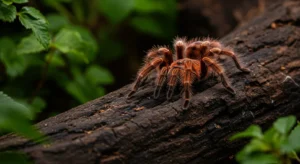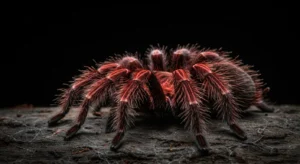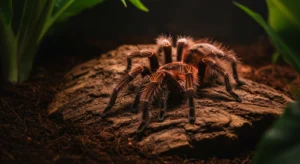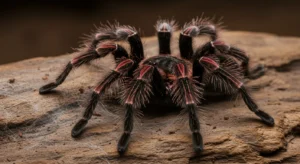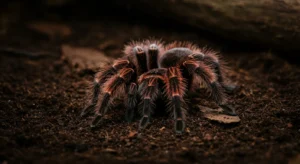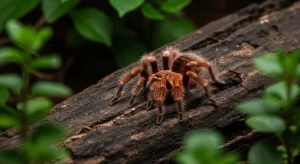The Cost of Owning a Chilean Rose Tarantula: Budgeting for Supplies and Vet Care
Introduction: Investing in an Eight-Legged Friend
Chilean Rose Tarantulas (Grammostola rosea) are often cited as being relatively inexpensive pets compared to traditional animals like dogs or cats. While this is generally true, potential owners should still budget for the initial setup, recurring supplies, and potential DVM costs associate with their medical needs. Understanding the full cost breakdown tarantula ownership helps ensure you can provide proper care throughout the tarantula’s long lifespan (females can live 20+ years).
Initial Setup Costs
These are the one-time (or infrequent) costs associated with getting your tarantula and its habitat ready.
- Tarantula Purchase: Prices vary depending on age, sex (females often cost more), and source (breeder vs. pet store). Expect anywhere from $20 to $70+.
- Enclosure: A 5-10 gallon tank or equivalent plastic enclosure costs $20 – $50. Smaller enclosures for slings are cheaper ($5 – $15).
- Substrate: Coconut fiber, peat moss, or vermiculite blend. A block costs around $10 – $20 and will last multiple substrate changes.
- Hide: Cork bark, half-log, or similar structure: $5 – $15.
- Water Dish: Shallow ceramic or plastic dish: $2 – $10.
- Heating (Optional): If your room temperature drops below 65°F (18°C), a small under-tank heater (UTH) and thermostat are needed. UTH: $15-$25, Thermostat: $20-$40. Note: Many keepers find supplemental heat unnecessary if room temps are stable.
- Thermometer/Hygrometer: To monitor temperature and humidity: $10 – $25.
Estimated Initial Setup Cost: $72 – $235 (excluding optional heating)

Recurring Costs
These are ongoing expenses required for your tarantula’s care.
- Feeder Insects: Crickets, roaches, or mealworms. Cost depends on quantity and frequency. Budget approximately $5 – $15 per month.
- Substrate Replacement: Full substrate changes are typically needed every 6-12 months, or sooner if soiled. Cost is minimal using substrate bought initially in bulk.
- Water Dish Cleaning Supplies: Minimal cost for soap/disinfectant.
Estimated Monthly Recurring Cost: $5 – $15
Veterinary Care Costs
This is the most variable and potentially significant cost. While Chilean Roses are hardy, they can experience health issues like impaction, injuries from falls, or problems during molting. Finding a veterinarian experienced with invertebrates can be challenging.
- Consultation Fee: Exotic vet visits often start at $60 – $150+ per visit.
- Diagnostics/Treatment: Costs can vary widely depending on the issue. Procedures or medications could range from $50 to several hundred dollars in complex cases.
It’s wise to set aside an emergency fund for potential tarantula veterinary expenses. While you might never need it, being prepared is crucial. Information from veterinary sources like the Association of Reptilian and Amphibian Veterinarians (ARAV) highlights the importance of specialized care for exotic pets.
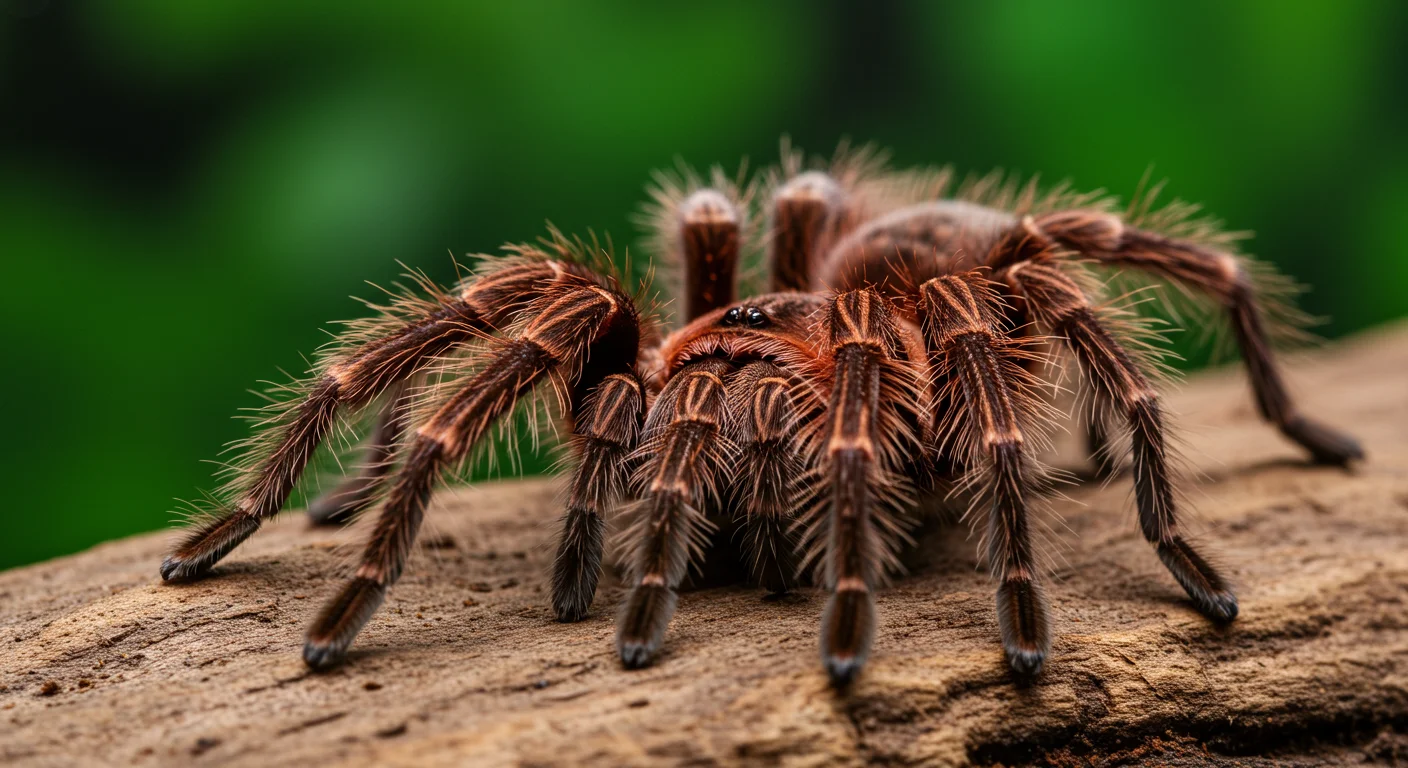
Cost Summary Table (Estimates)
| Item Category | Estimated Cost (USD) | Frequency |
|---|---|---|
| Initial Setup (Tarantula + Basic Supplies) | $72 – $235 | One-time |
| Optional Heating Setup | $35 – $65 | One-time (if needed) |
| Monthly Recurring (Food) | $5 – $15 | Monthly |
| Emergency Vet Fund (Recommended) | $100 – $300+ | As needed |
Note: Costs are estimates and can vary based on location, specific product choices, and individual circumstances.
Remember the long-term commitment. While monthly costs are low, the initial investment and potential vet bills should be considered for a pet that can live for decades.
Conclusion: A Manageable Investment
Owning a Chilean Rose Tarantula is indeed relatively affordable compared to many pets. The low recurring costs make them accessible to many enthusiasts. However, responsible ownership means budgeting for a proper initial setup and being prepared for unexpected veterinary needs. By planning ahead, you can ensure your fascinating arachnid receives the care it deserves for its entire life.
Reference point concept influenced by information accessible via ARAV resources.
